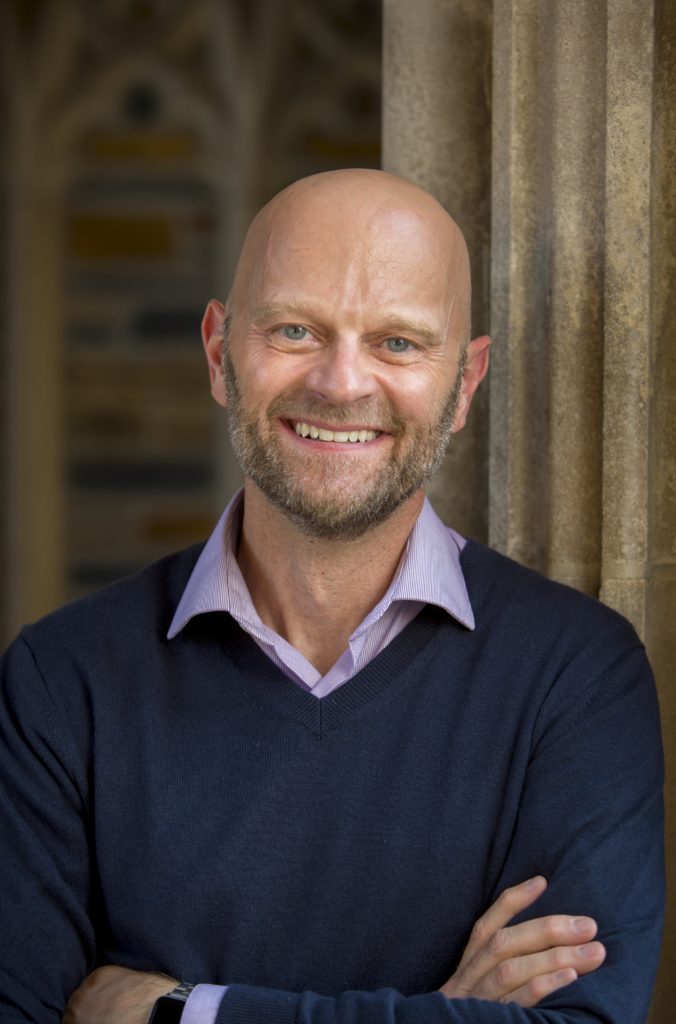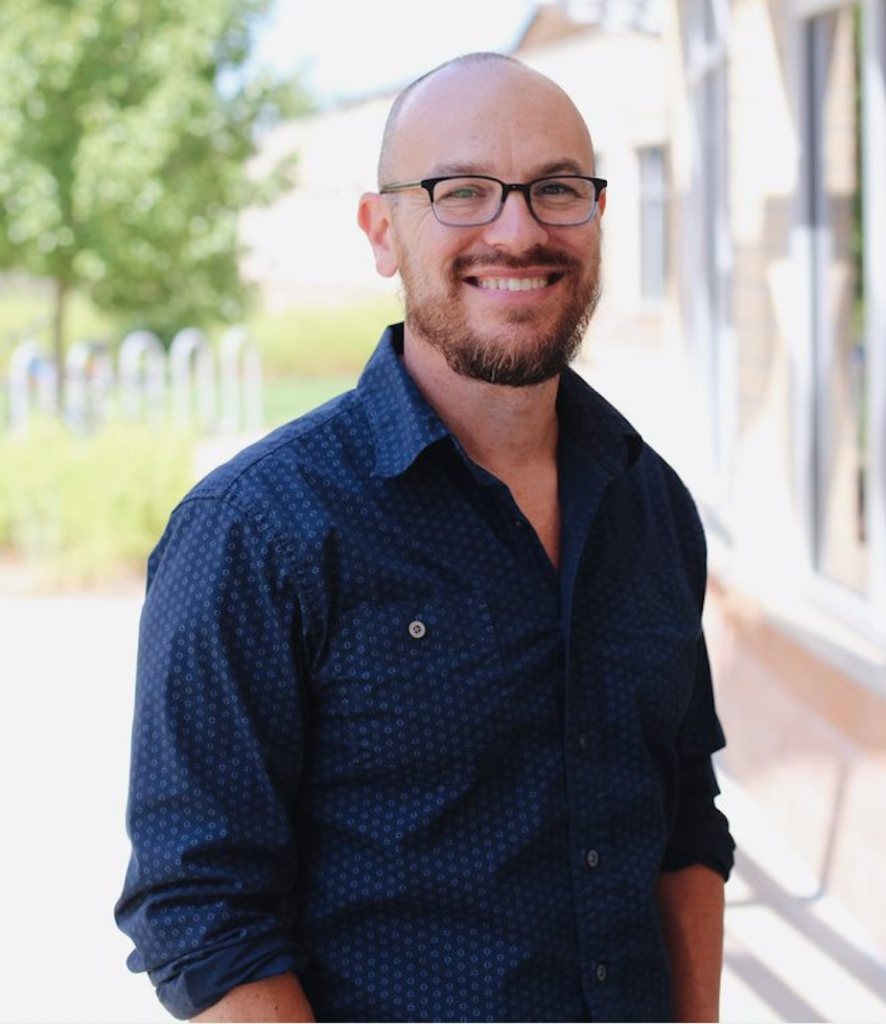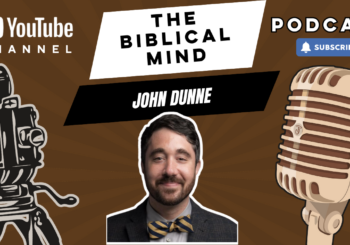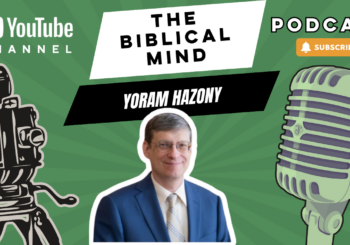Announcing the Recipients of Our Course Development Grant
A central goal of the Center for Hebraic thought is to reshape the perception of the Bible such that it’s studied seriously as an intellectual tradition. We want to see Hebraic thought become part of the standard curriculum in the West.
To that end, we announced a call for proposals in January: full-time professors at a regionally accredited college, seminary, or university were invited to apply for one of two grants of up to $4,000 for the creation of the equivalent of a three-credit university course offered in the applicant’s home institution for the 2020-2021 academic year. The course may be undergraduate or graduate (US)/post-graduate (UK).
This grant aims to increase the study of biblical literature as an intellectual tradition and put Christian Scripture (both the Hebrew Bible/Old Testament and the New Testament) in conversation with various philosophies and philosophical traditions. Applicants were encouraged to engage both the Bible as a primary source and works of conceptual analysis within the biblical texts.
Out of a wide-ranging pool of excellent applications across three continents, CHT Director Dr. Dru Johnson and a group of referees selected four applicants to receive a course grant. The grantees are as follows.
- Brent Strawn, Duke University, Ph.D. seminar, “Theologies of the Ancient Near East.”
- Will Kynes, Samford University, undergraduate seminar, “Wisdom in the Bible and Beyond.”
- Kyle Swan, California State University Sacramento, undergraduate seminar, “Topics in Ethics: Hebrew Bible.”
- Joseph Dodson, Denver Seminary, graduate seminar, “Hebraic Thought and the Intellectual World of the Bible.”
Brent Strawn
Brent A. Strawn is Professor of Old Testament and Professor of Law at Duke University and a Senior Fellow in the Center for the Study of Law and Religion at Emory University where he previously taught as W. R. Cannon Distinguished Professor of Old Testament.

In addition to authoring over 200 articles, essays, and contributions to reference works, he has authored four books: What Is Stronger than a Lion? Leonine Image and Metaphor in the Hebrew Bible and the Ancient Near East (2005), The Old Testament Is Dying: A Diagnosis and Testament (2020).
Strawn’s research focuses on ancient Near Eastern iconography, Israelite religion, biblical law, the Psalms, poetry, and Old Testament theology.
Strawn is an ordained elder in the North Georgia Conference of The United Methodist Church and regularly speaks and preaches at churches across the country. He has appeared on CNN on matters ranging from Easter celebrations to Pope Francis to gun violence, and served as both translator and member of the editorial board for The Common English Bible.
Will Kynes
Will Kynes is an Associate Professor of Biblical Studies at Samford University. He holds a Ph.D. in Hebrew Bible/Old Testament from the University of Cambridge. His research focuses on wisdom and suffering in the Hebrew Bible viewed from the varied perspectives of various biblical texts and their readers across history.

He is the author of My Psalm Has Turned into Weeping: Job’s Dialogue with the Psalms (de Gruyter, 2012), which received the Manfred Lautenschläger Award for Theological Promise in 2015, and An Obituary for “Wisdom Literature”: The Birth, Death, and Intertextual Reintegration of a Biblical Corpus (Oxford, 2019).
Kynes is currently working on an introduction to biblical intertextuality and a book on how different cultures have found hope in the biblical tradition of wrestling with God, for which he undertook archival research at the National Museum of African American History and Culture as a Smithsonian Fellow in 2018.
Kyle Swan

Kyle Swan is Associate Professor of Philosophy and Director of the Sac State Center for Practical and Professional Ethics at California State University, Sacramento. Kyle’s research ranges across a variety of topics in social, moral and political philosophy. Most recently, he has focused on a variety of issues related to toleration, freedom of conscience, and the debate about the place of religion and sectarian moral views in politics and law.
A common theme here is the question of how to appropriately acknowledge the equal moral status of all in the face of social diversity and disagreement about the pursuit of a life of value. Much of this work interacts with the historical development of these topics as well as applied practical policy. Some of it is complemented by an interdisciplinary interest in economics and religious studies.
Joseph Dodson

He is the author The ‘Powers’ of Personification: Rhetorical Purpose in the ‘Book of Wisdom’ and the Letter to the Romans (BZNW, 2008); the editor of Paul and the Second Century: The Legacy of Paul’s Life, Letters, and Teaching with Michael F. Bird (LNTS, 2011); as well as Paul and Seneca in Dialogue with David E. Briones (Brill, 2017).
He is currently working on the Romans volume for the Brill Exegetical Commentary Series. Dodson has served as an associate pastor at First Baptist Church in Arkadelphia, Arkansas, and as an itinerate speaker with Transform Ministries in Houston, Texas.
The four grantees will be attending a post-semester workshop at The King’s College in New York City.





